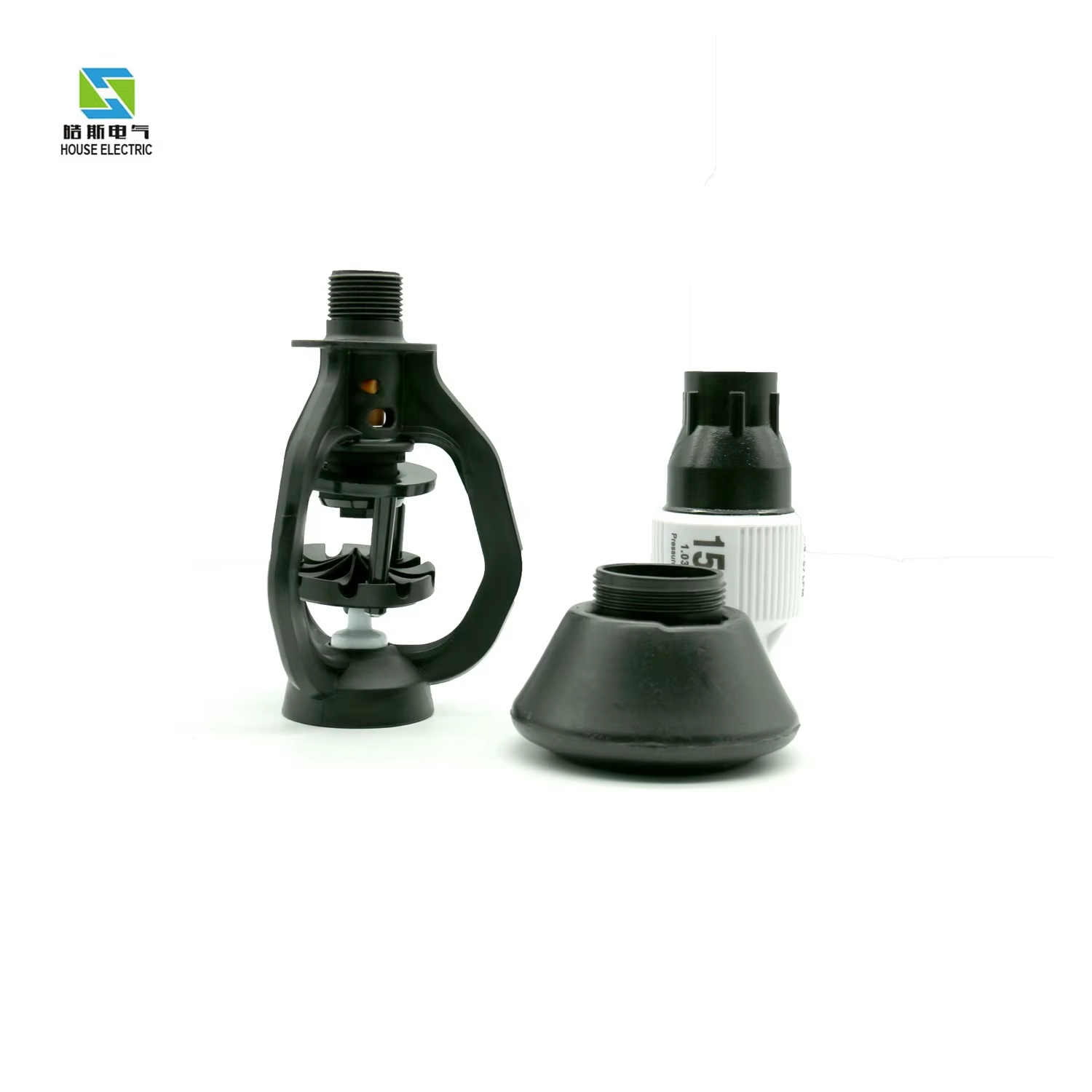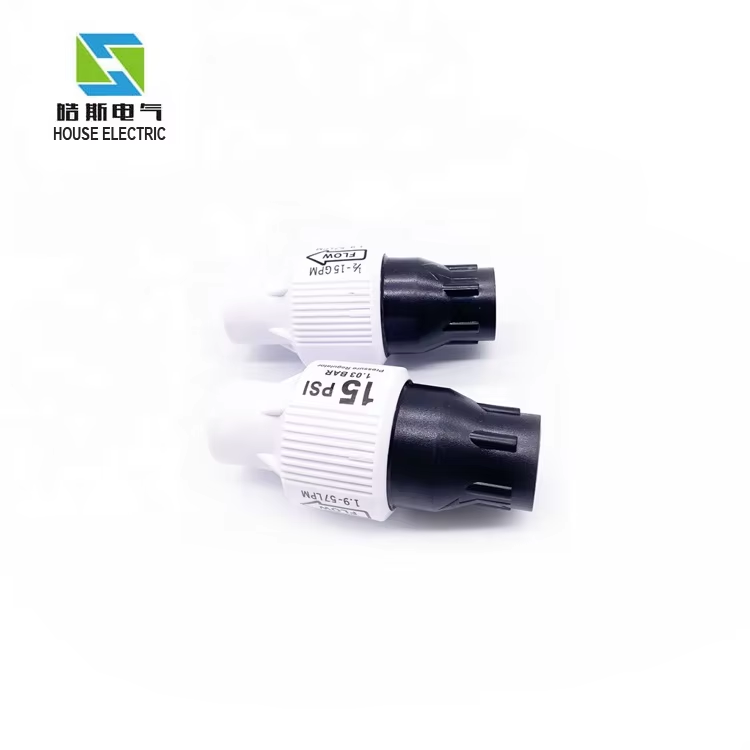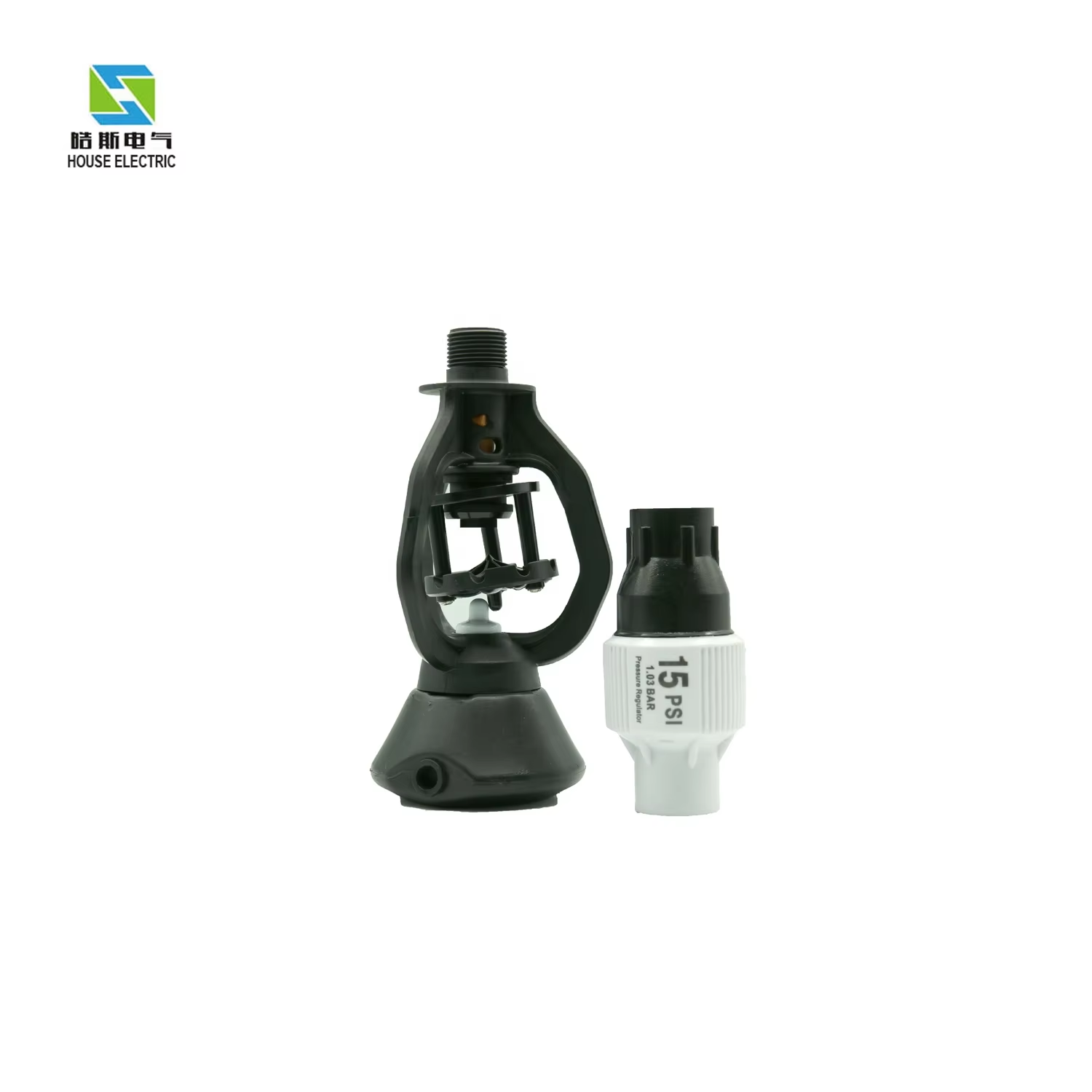Daqiao Industrial Zone,Beibaixiang Town,Yueqing city,Zhejiang Province. 86-15356512777 [email protected]
An irrigation sprinkler is a pivotal device in modern water management systems, designed to distribute water over agricultural fields, gardens, landscapes, and various other areas to ensure proper hydration of plants. These sprinklers replicate the natural process of rainfall, providing a controlled and even water application that is essential for promoting healthy plant growth, maximizing crop yields, and maintaining the aesthetic appeal of green spaces. Structurally, irrigation sprinklers vary widely depending on their type and application. At the most basic level, they typically consist of a water inlet that connects to a water supply source, such as a hose, pipe, or irrigation system. The water then flows through the body of the sprinkler, which houses the internal mechanisms that control the direction, flow rate, and spray pattern of the water. The spray head, the most visible and functional part of the sprinkler, is responsible for dispersing the water into the surrounding area. There are several types of irrigation sprinklers, each with its unique characteristics and applications. Impact sprinklers are known for their high - pressure, wide - area coverage. They use a hammer - like mechanism to strike a deflector, causing the water to be thrown in a circular pattern over a large area, making them ideal for large fields and open spaces. Rotary sprinklers, on the other hand, rotate as water passes through them, providing a more precise and even distribution of water, which is beneficial for smaller areas, gardens, and delicate crops. Drip sprinklers, although not traditional in the sense of spraying water, deliver water directly to the plant roots in a slow, controlled manner, minimizing water loss through evaporation and runoff, and are highly efficient for conserving water. Modern irrigation sprinklers often incorporate advanced technologies. Many are equipped with sensors that monitor soil moisture levels, weather conditions, and plant water requirements. Based on the data collected, these sensors can trigger the sprinkler to operate at the optimal time and deliver the right amount of water, optimizing water use and reducing waste. Some sprinklers can be remotely controlled via mobile apps or computer interfaces, allowing users to manage the irrigation process from anywhere, at any time. Maintenance of irrigation sprinklers is crucial for their long - term performance. Regularly cleaning the nozzles to remove dirt, debris, and mineral deposits that could clog them is essential. Checking for leaks in the connections, ensuring the proper functioning of the internal mechanisms, and lubricating moving parts in rotating or impact sprinklers are also important maintenance tasks. With proper care and the integration of advanced features, irrigation sprinklers continue to play a vital role in efficient and sustainable water management across various applications.




Copyright © 2025 by Yueqing House Electric Co.,Ltd - Privacy policy